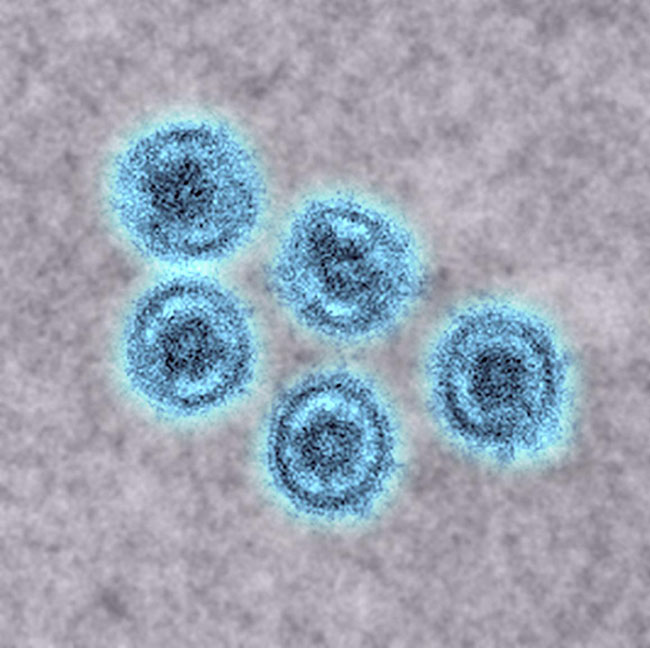Reston Ebolavirus spreads efficiently in pigs
Reston ebolavirus (RESTV) should be considered a livestock pathogen with potential to affect other mammals, including people, according to National Institutes of Health scientists. The caution comes from a study published in Proceedings of the National Academy of Sciences in which the scientists found that experimental piglets infected with RESTV developed severe respiratory disease and shed the virus from the upper respiratory tract. RESTV can infect humans but is not known to cause disease. Now the scientists express concern that pigs could serve as an “interim or amplifying host for ebolaviruses.”
“The emergence of RESTV in pigs is a wake-up call as transmission into humans through direct contact with pigs or the food chain is a possibility,” they state in their study report. Scientists from NIH’s National Institute of Allergy and Infectious Diseases (NIAID) conducted the work at Rocky Mountain Laboratories in Hamilton, Montana.
Scientists first identified RESTV in 1989 in research monkeys shipped from the Philippines to Reston, Virginia. The virus also gained attention in 2008 when an outbreak swept through pigs in the Philippines. That outbreak led to the first association of pig-to-human RESTV transmission, prompting the World Health Organization to issue a global alert in February 2009. RESTV sequences also have been identified in pigs in China, and the scientists suggest officials monitor pigs for disease throughout the Philippines and Southeast Asia.

This colorized transmission electron micrograph shows a slice of Reston virus particles (blue) in the lung of an infected pig.
This page was last updated on Friday, January 21, 2022